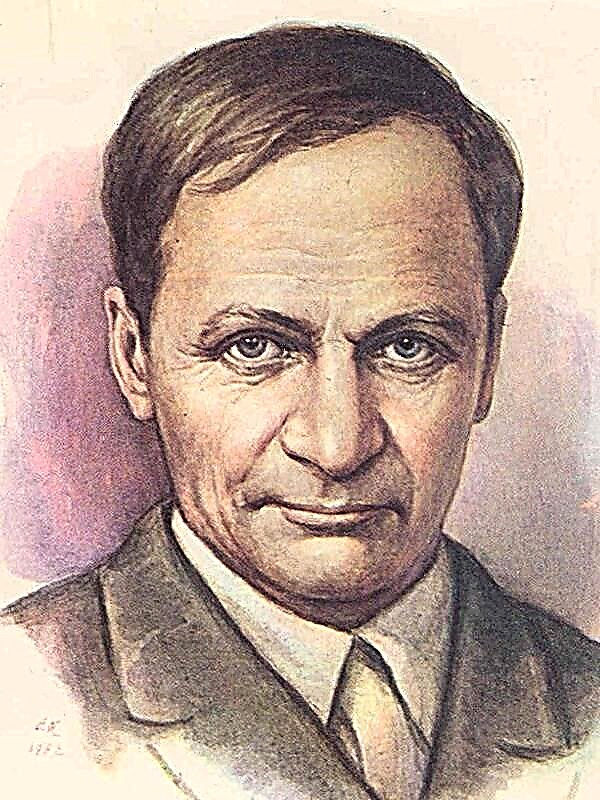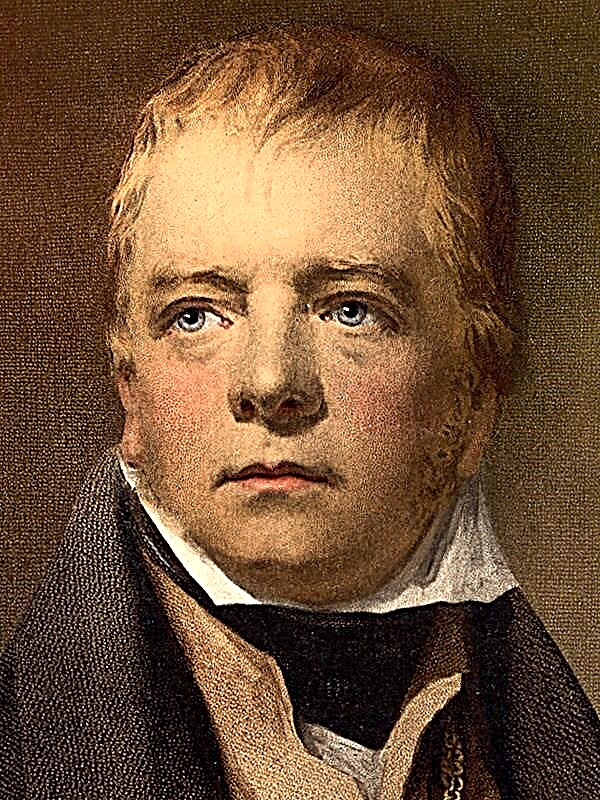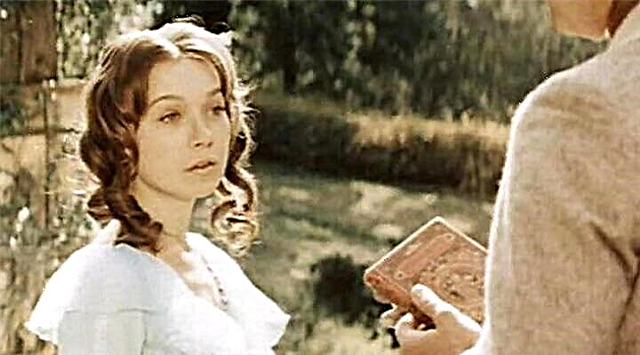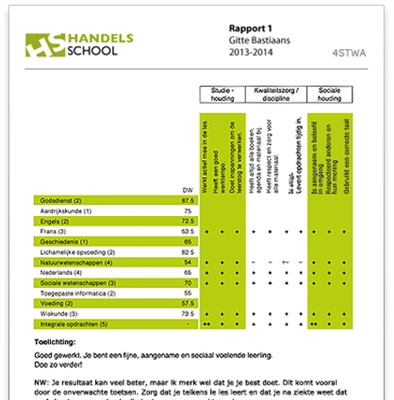Share
Pin
Tweet
Send
Share
Send
In the final essay, it is important to use arguments that are meaningful, and it is best to prepare according to the good old Russian classics, noting good examples for yourself and remembering them. In this article we will examine how kindness and cruelty are reflected in Turgenev’s small prose.
- Kindness is often hidden even in the most harsh and uncommunicative people, you just have to open your eyes and look at them without prejudice. The story "Biryuk" describes a similar case. The narrator was returning alone from the hunt. It began to rain, he decided to stop in order to wait out the "bad weather". On the road, the author notices a tall figure, which seemed to have grown from the ground. This figure was a local forester Thomas. The forester knew that the storm would not end soon, so he invited the master to his hut. There they were met by the twelve-year-old daughter of Thomas. The hut was almost empty, and in the middle of it was a cradle with a child. From a conversation with the owner, the hunter learns his nickname: "Biryuk." Then the guest recalls that he was told about the forester. The neighboring peasants are afraid of him, because not a single poor man who encroached on the trees, this man did not let go, despite attempts to bribe and entreaty. Everyone considered him a villain. But will the villain invite a stranger into the house to let him warm up? Will he raise children alone? Will it be able to refuse a bribe? Not. It's just that people do not always see kindness in each other, because prejudice and evil rumor separate them and prevent them from forming a correct judgment about the environment.
- The consequences of cruelty are terrible, whatever it may be. We can verify this by reading the story of I. Turgenev “Biryuk”. His main character is a master of his craft, but everyone in the district does not like him. The forester doesn’t communicate with anyone, eschews people, and those who get caught with an ax in the forest he gives out to the authorities without pity. However, it is worth considering why the forester became a "priest"? The fact is that Thomas's wife left her husband and children for the sake of a passerby tradesman in order to live richer. Together with the man, the 12-year-old daughter Ulita remained, as well as a very small child. He was forced to drag this whole farm on his hump, but his salary is not at all great. Without a wife, life is a burden to him, and therefore he does not believe people, since the closest woman has betrayed him. Thomas locked himself in, silently experiencing grief. The cruelty of his wife is an ordinary incident; do we have many single fathers and single mothers? But even such an act can distort the lives of several innocent people. They will transfer their pain to others, and this cycle of pain will not be interrupted if a person is not aware of the disastrous consequences of cruelty.
- Each person carries with himself good intentions and feelings, it is simply far from always that he can make them public. Sometimes the success of our business depends on our severity and adherence. In I. Turgenev's story “Biryuk” we see a similar example. The narrator finds himself in a forester's hut, where he is waiting for a downpour. The thunderstorm passes, and the landlord offers to hold the master. Coming out, Thomas takes a gun with him, and when asked by the author, he answers that he hears how they play pranks in the forest: they cut a tree. They went to the sound of an ax. Biryuk caught a thief, it was a wet man in rags. The writer offered to pay for the tree, regretting the poor fellow, to which the forester silently began to walk towards the hut, holding the thief by the belt. Everyone was silent until the man turned to Thomas Kuzmich to let him go. He said that he had done so “out of hunger”, to which Biryuk replied: “No one should steal from anyone.” He asked, speaking of children and need, of fear of punishment. The forester only answered that he, too, was “bonded”, and they would be exacted from him. Suddenly the poor man's eyes lit up, and he began to curse that it would be better if Thomas had “knocked him down,” “one end.” Then Biryuk threw the poor man out the door and advised him not to come across anymore. As we see, the hero is not alien to the feeling of kindness, he sincerely regrets the long-suffering Russian people. But he cannot always be kind, otherwise unscrupulous lumberjacks will sit on his neck, and there will be no forest. Therefore, a person can not always show compassion and nobility, there are times when official duty requires rigor and even cruelty. This is the only way to keep order.
Share
Pin
Tweet
Send
Share
Send












